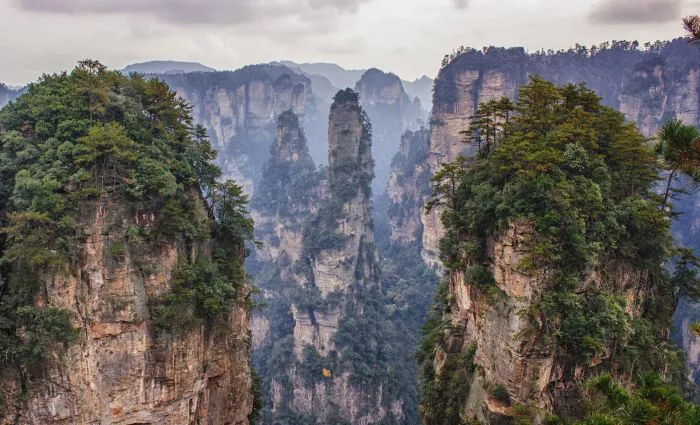Dawn’s first light reveals a transformed landscape in Santai County’s Phoenix Mountain Sports Park, where 1,200 early risers now traverse serpentine fitness trails daily. This vibrant scene – a symphony of basketball cheers and birdsong – marks a radical departure from the neglected hillside of three years past. The park’s evolution from wasteland to wellness hub exemplifies Santai’s urban regeneration strategy, blending ecological preservation with cultural revival to create a model for rural county revitalization.
The catalyst came from pressing community needs. As Santai’s urbanization accelerated, the 45-hectare Phoenix Mountain – though designated a provincial forest park – suffered from fragmented development and encroaching farmland. “Residents lacked quality recreational space,” explains Luo Xiaolei, project director at Hongda Group, the state-owned developer. Comprehensive public consultations shaped the blueprint: 87% of surveyed citizens prioritized walking trails, while 68% requested multi-generational activity zones.
Engineering solutions harmonized with Tang Dynasty heritage. The park’s design pays homage to poet Wang Bo’s 7th-century descriptions of these “scales-of-a-phoenix” slopes. Native vegetation now blankets 32,752 square meters of formerly barren land, with 14,000 newly planted trees selected for seasonal color variation. Cultural touches include engraved poetry walls and architectural accents mimicking nearby Tang-era Qinquan Temple. “We’ve created layers of discovery,” says lead landscape architect Zhang Wei. “Fitness circuits transition seamlessly into forest meditation zones.”
The numbers validate its success. Since January 2025’s soft opening, average daily visits have tripled projections to 2,000, peaking at 5,000 on weekends. Nearby businesses report 40% revenue jumps, while property values in adjacent blocks have appreciated by 18%. The park anchors a broader 2.1-billion-yuan redevelopment initiative featuring 14 new roads and 210,000 square meters of mixed-use space, including senior-friendly housing slated for 2026 completion.
What sets Phoenix Mountain apart is its self-sustaining ecosystem. Revenue from concession stands and cultural workshops covers 70% of maintenance costs, while partnerships with local schools foster environmental stewardship. “This isn’t just infrastructure – it’s social infrastructure,” notes Santai’s Cultural Tourism Director Li Min. The model has attracted delegations from six provinces, with its adaptable framework offering lessons for secondary cities nationwide seeking to balance growth with livability.
As dusk falls, the park reveals another dimension: interactive light installations tracing Wang Bo’s verses across pathways, merging ancient lyricism with modern technology. It’s a fitting metaphor for Santai itself – where visionary urban planning has given new wings to Phoenix Mountain’s timeless beauty.
Related Topic:
- Morocco: A Tapestry of North African Wonders
- Australian Tourism Industry Rides China’s Visa-Free Wave
- 2025 Chinese Opera Festival Debuts in Vienna with Stunning Wu Opera Performance

